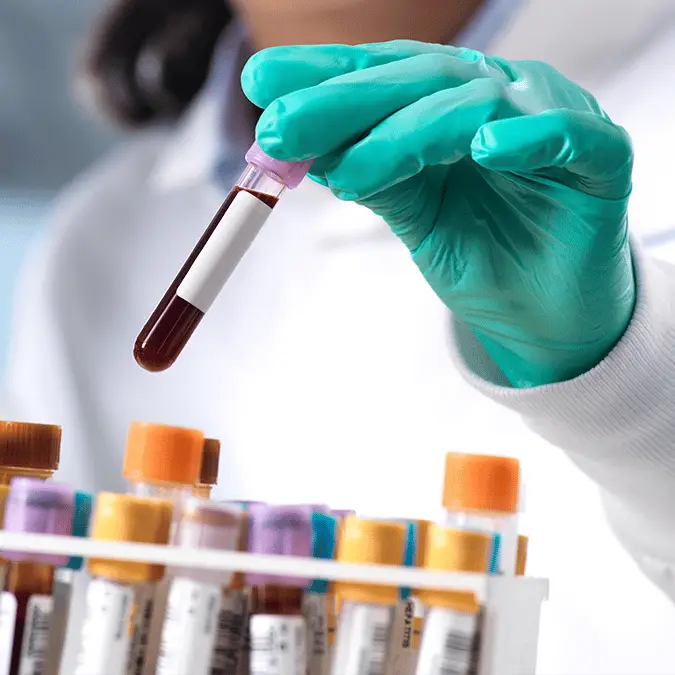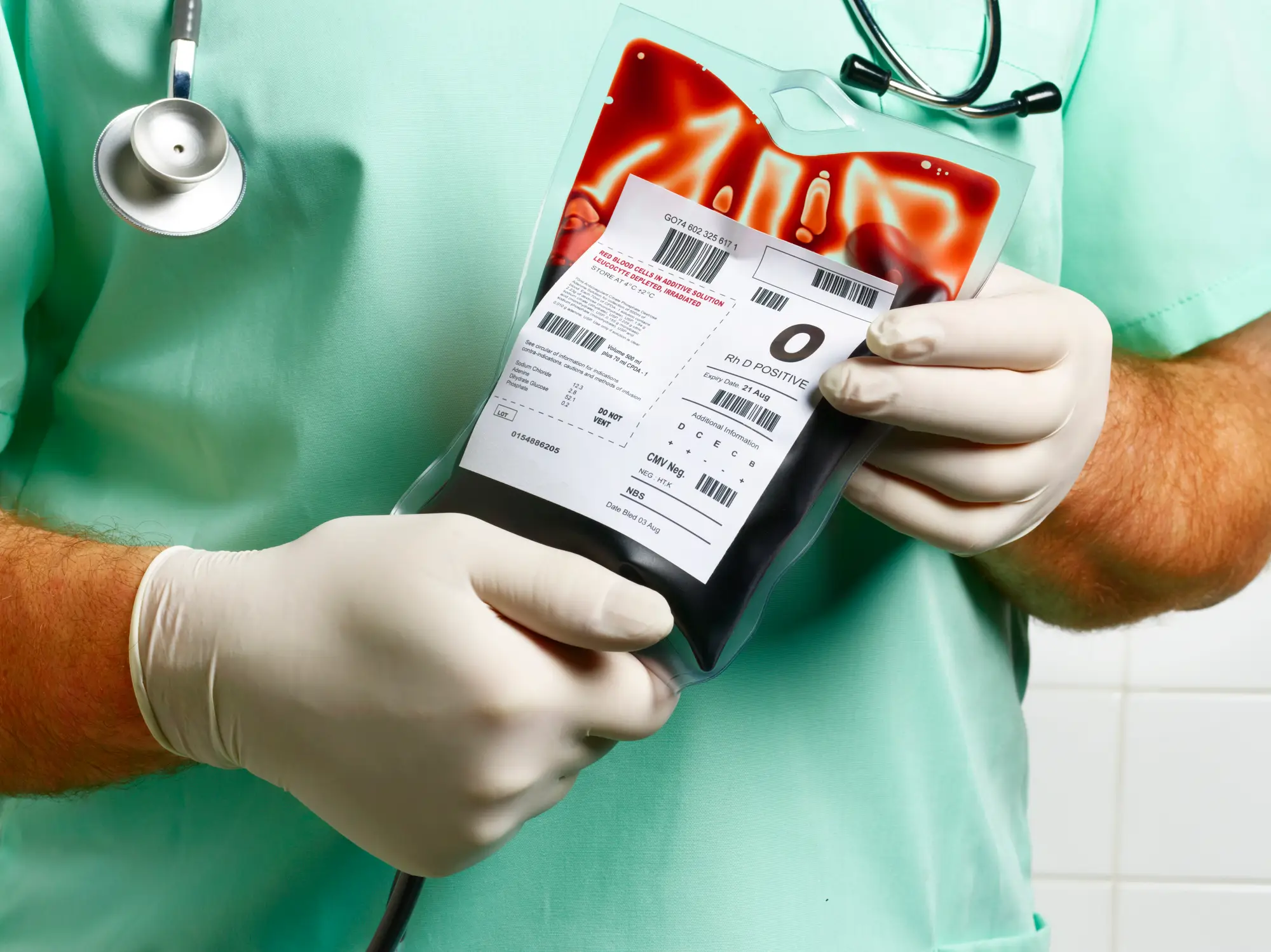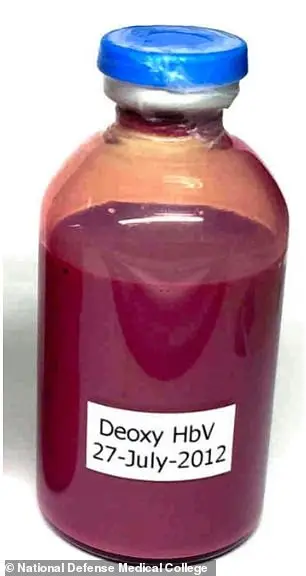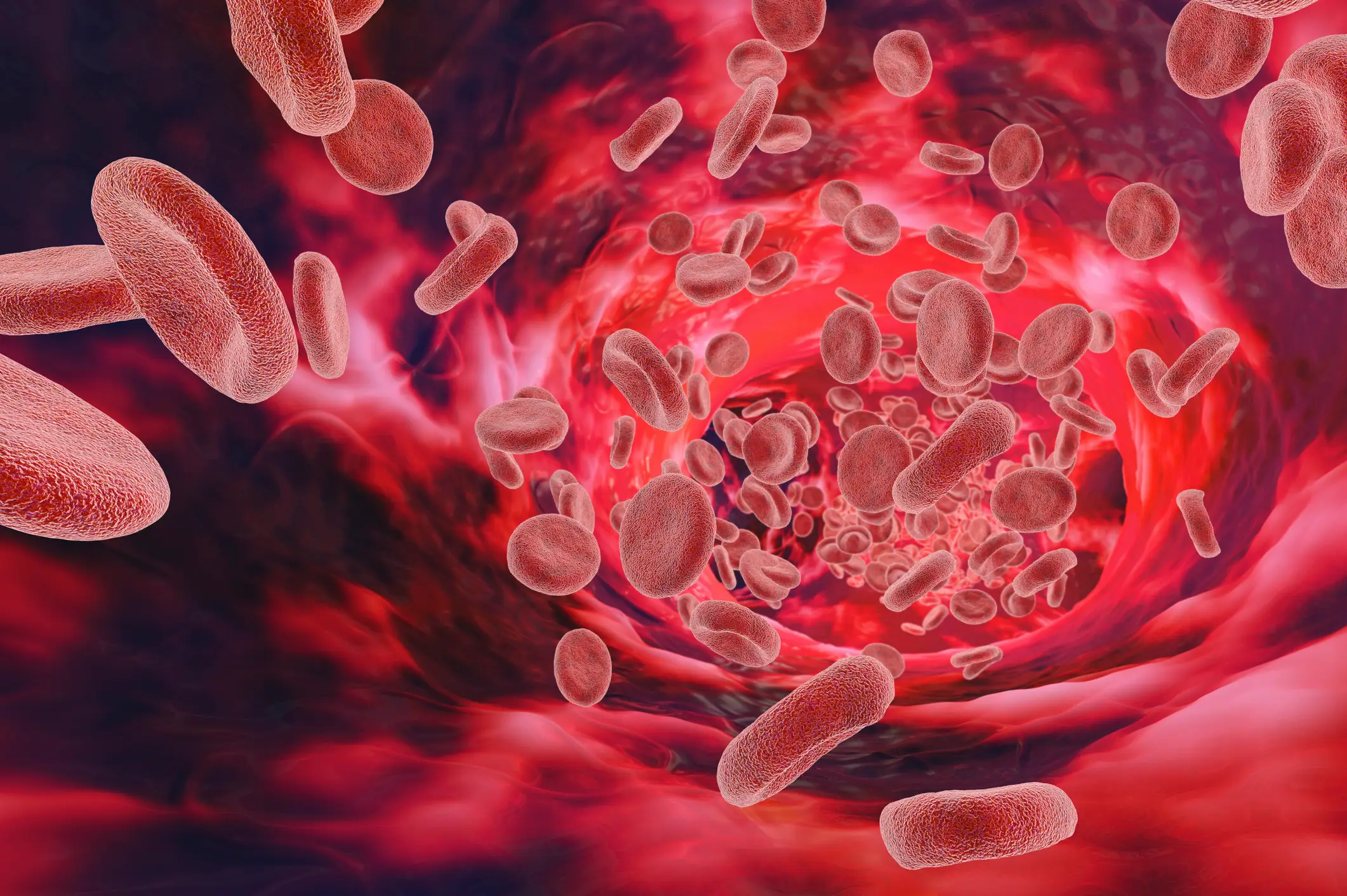
One of the most significant medical breakthroughs in recent history might just have been achieved by Japan, as researchers are on the brink of administering artificial blood that has no blood type and lasts for far longer.
Donated blood reserves are some of the most essential aspects of a functioning medical system, as they prove to be a key part of many surgeries, transfusions, and other procedures that help keep people alive against all odds.
Some bizarre individuals have used blood transfusions from younger individuals in an attempt to extend their life, although most of the time doctors use donated blood to top up the body when it's losing significant amounts.
There have even been reports of one man with what scientists have called the 'most valuable blood on Earth', as its incredibly unique properties have helped save over 2.4 million babies who suffer a deadly disease.
Advert
One of the biggest challenges of donated blood though is the necessity of a matching blood type, and combining this with dwindling donations and an incredibly short shelf life can lead to situations where there isn't anywhere near enough available for doctors to perform the necessary life-saving procedures.

That's why Japan's new artificial blood discovery could prove so revolutionary in the medical world, as it not only removes the need to have a compatible blood type but it would also prove to be far more abundant and available at times of need.
As reported by MedEdge MEA, efforts led by Professor Hiromi Sakai at Nara Medical University have discovered the means to create an artificial blood form by extracting hemoglobin from expired donated blood and encasing it in a protective shell.

This, in essence, makes virus-free blood that anyone can use, and also provides an invaluable recycling process for otherwise wasted blood that has been donated and expired.
This has also been supported by Professor Teruyuki Komatsu at Chuo University, who has similarly developed 'artificial oxygen carriers' which can be used to stabilize blood pressure and treat hemorrhages and strokes. This process involves encasing hemoglobin in albumin - the protein in your blood's plasma.
The removal of blood type requirements is by far the most significant part of this new discovery as it ensures that blood is there for a patient no matter what, but it also has a few other fascinating properties.

First and foremost it has a much longer shelf life of around two years, compared to the frustratingly short one month lifespan of donated blood - meaning that it'll almost always be available and in far larger quantities too.
In addition, one of the strangest parts of this new artificial blood is its color, as it's purple compared to the unmistakable red that you'd typically associate with 'normal' blood. Who knows whether we'll reach a point in the future where we'll all be bleeding a different color.
Scientists at Sakai's Nara Medical University are currently conducting clinical trials, administering between 100 and 400 mililiters to volunteers to test the viability of the blood on humans. If it manages to pass these tests, it's estimated that it'll become available (at least within Japan) by 2030.
"If it proves safe and effective this will save countless lives," writes one comment on Reddit, with another adding that "if true, and not inordinately expensive, this is going to be completely transformational."
